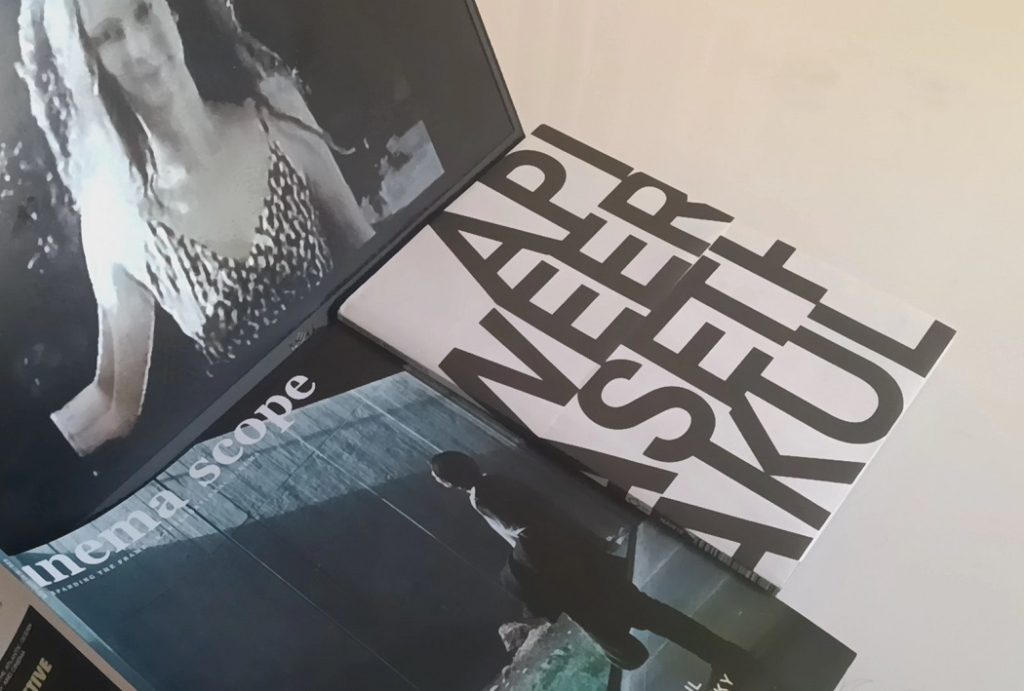Prophet, curse me the blabbing lip,
– from Alfred, Lord Tennyson’s ‘Maud’ (1855)
And curse me the British vermin, the rat;
I know not whether he came in the Hanover ship,
But I know that he lies and listens mute
In an ancient mansion’s crannies and holes:
Arsenic, arsenic, sure, would do it,
Except that now we poison our babes, poor souls!
It is all used up for that.
For who doesn’t know the feeling of arriving home after a long journey, turning the key in the lock, and discovering that your home is much smaller than it really is, because you are viewing it with the distance you’ve just covered in the big world still in your eyes and legs? And what if your neighbours’ house had been demolished while you were away? Would you feel as though a phantom house were still standing there? Or what if you were away so long that a whole new structure had been erected? How long would it be before you no longer projected in your mind’s eye an image of the previous house onto the new building? How long would it be before you no longer saw both how it is and how it was?
– Dana Linssen ‘If Light Was the Measure of Time Un/Folding’
Cinema Scope: Can you discuss the archaeological aspects of the film? Of course Jeanne’s character is an archaeologist, but there seems to be a distinct interest on your part to capture this landscape as it changes—to say nothing of the political aspects of the process. It made me think a bit about the ancient site that the clinic is built on in Cemetery of Splendour.
Apichatpong Weerasethakul: The movie is like a body, or like a world that holds these characters who are a bit lost but come together and communicate with their surroundings. It was important to make clear that everything in the end is connected in this body. When I had Exploding Head Syndrome, I was so curious to look at it physically—meaning that I really wanted to pull something out of my head. I was thinking of trepanning, which is when you drill a hole in someone’s head to release demons. It’s something that’s been practiced from ancient civilizations up until today in modern hospitals when there’s head trauma and you need to release pressure. But I can imagine in the past there was this need to just get these things out, just like I wanted to do with this ball of sound in my head. I wanted Jessica to feel that, to have this unexplainable attraction to this circular shape, to this hole that she sees in the skeleton’s head—for her to think that maybe it’s her in past incarnations. Same with the tunnel in the mountain: maybe a hole was bored into it for her to discover something inside?
– from ‘I Remember Everything’, Cinema Scope, December 2021
A memorial candle is burning at the foot of a soldier, whom we will later identify as Wilfred Owen, stretched out on an altar or plinth. At the head stands a nurse (once again Tilda Swinton).
– Jim Ellis ‘Thatcherism, AIDS, and War’, from ‘Derek Jarman: Angelic Conversations’, p. 151.
